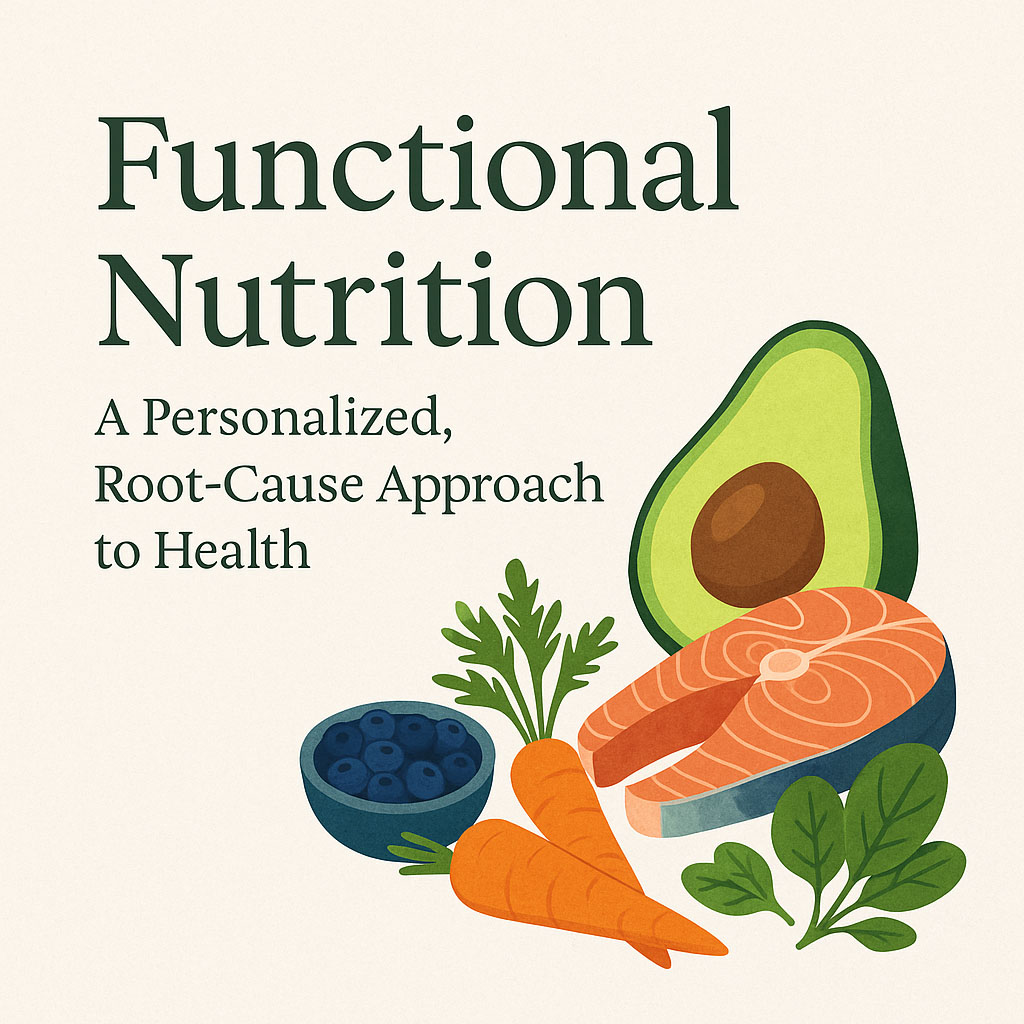Introduction: The Importance of Gut Health in Whole-Body Wellness
In recent years, the importance of gut health has taken center stage in both the wellness and scientific communities. Known as the “second brain,” the gut is intricately connected to almost every aspect of our health, from digestion to immunity and mental wellness. While the role of diet is often discussed, gut healing goes beyond what we eat—it involves caring for the mind, body, and lifestyle as a whole. Healing the gut is as much about managing stress and emotions as it is about eating the right foods.
In this article, we’ll dive into the complex relationship between the gut and mind, understand why both matter, and explore actionable steps for creating a gut-friendly lifestyle.
Section 1: Understanding the Gut-Brain Connection
The gut-brain connection, also called the “gut-brain axis,” is the two-way communication network linking the digestive system and the brain. Through this connection, emotional and physical states interact, influencing our mood, mental clarity, and even the risk of developing mental health issues.
- The Role of the Vagus Nerve: This cranial nerve serves as the primary channel for communication between the gut and brain. Stimulating it through practices like meditation and deep breathing can help reduce gut inflammation and promote balance in the microbiome.
- Neurotransmitters and the Gut: Many neurotransmitters, such as serotonin, which regulates mood and happiness, are produced in the gut. An imbalanced gut can reduce neurotransmitter production, leading to issues like anxiety, depression, and stress sensitivity.
Section 2: Signs Your Gut Health Needs Attention
Before diving into solutions, it’s essential to recognize when your gut needs help. Common signs include:
- Digestive Issues: Bloating, gas, diarrhea, constipation, and acid reflux can indicate an imbalanced gut.
- Mental Health Symptoms: Frequent anxiety, depression, and mood swings may be linked to an imbalanced microbiome.
- Skin Problems: Acne, eczema, and other skin issues can also be a sign of gut-related inflammation.
- Autoimmune Conditions and Allergies: Poor gut health can lead to an increase in autoimmune issues and a weakened immune system.
Identifying these symptoms can help guide you toward a healing approach that targets both the physical and mental aspects of gut health.
Section 3: Dietary Strategies to Heal the Gut
Diet plays a significant role in gut health, but a gut-healing diet should go beyond calorie-counting or cutting out certain foods. Instead, focus on foods that reduce inflammation, nourish the gut lining, and support a balanced microbiome.
1. Include Prebiotic and Probiotic Foods
- Probiotics: These beneficial bacteria are found in fermented foods like yogurt, sauerkraut, kimchi, and kefir. Probiotics help replenish good bacteria in the gut.
- Prebiotics: Foods like garlic, onions, asparagus, and bananas contain fibers that feed good bacteria, promoting a balanced gut environment.
2. Minimize Processed Foods and Sugars
- Processed foods and refined sugars disrupt the microbiome and promote the growth of harmful bacteria. Cutting back can help reduce inflammation and improve gut function.
3. Nourish with Fibre-Rich Foods
- Fibre acts as food for healthy bacteria in the gut. Include whole grains, vegetables, fruits, and legumes in your diet for optimal fibre intake.
4. Prioritize Omega-3 Fatty Acids
- Omega-3s, found in foods like salmon, walnuts, and flaxseed, have anti-inflammatory properties that support gut health and reduce digestive tract inflammation.
5. Try Bone Broth for Gut Healing
- Bone broth contains collagen and amino acids like glutamine, which help repair the gut lining and improve overall digestion.
Section 4: The Role of Mindfulness in Gut Health
Since stress directly impacts gut function, learning to manage stress and promote relaxation is crucial for a healthy gut.
1. Practicing Mindfulness and Meditation
- Mindfulness meditation and breathing exercises stimulate the vagus nerve, reduce stress hormones, and promote relaxation, all of which can help reduce gut inflammation.
2. Deep Breathing Exercises
- Simple breathing techniques, such as diaphragmatic breathing, can lower cortisol levels and promote a relaxed digestive state, supporting the gut-brain axis.
3. Regular Physical Activity
- Exercise helps reduce stress, supports gut motility, and encourages a balanced microbiome. Gentle activities like yoga, walking, and swimming are particularly beneficial for gut health.
Section 5: Gut-Supporting Supplements
While supplements are not a substitute for a healthy diet, they can support gut healing when used appropriately.
1. Probiotic Supplements
- Probiotics help restore gut flora balance. Look for strains like Lactobacillus and Bifidobacterium, which are beneficial for gut health and inflammation reduction.
2. Digestive Enzymes
- Digestive enzymes assist in breaking down foods, especially for those with bloating, gas, or indigestion. These supplements help relieve digestive strain, allowing the gut to focus on healing.
3. L-Glutamine
- L-Glutamine is an amino acid that supports the gut lining and can help repair “leaky gut,” where bacteria and toxins pass through the gut lining and into the bloodstream.
4. Vitamin D
- Vitamin D helps regulate immune response and has been shown to support gut health. Regular sunlight or a supplement may be beneficial if levels are low.
Section 6: Sleep as a Key Component of Gut Healing
Quality sleep is essential for gut health. During sleep, the body undergoes cellular repair, including in the gut. Poor sleep disrupts the microbiome, making it crucial to develop healthy sleep habits.
- Establish a Regular Sleep Schedule: Consistent sleep and wake times help regulate the body’s natural rhythms and support gut healing.
- Limit Screen Time Before Bed: Blue light from screens can disrupt sleep, so try reducing screen exposure at least an hour before bed.
- Practice Relaxing Bedtime Rituals: Reading, gentle stretching, or meditation can improve sleep quality, which in turn supports gut health.
Section 7: Rebuilding the Gut-Body Connection with Self-Care
Healing your gut isn’t just about diet and supplements; it’s about treating your whole body with care. Self-care practices provide time and space to let your body recover, heal, and thrive.
1. Stay Hydrated
- Drinking water supports digestion and nutrient absorption. Herbal teas, like ginger or peppermint, can soothe the digestive system.
2. Cultivate Positive Social Connections
- Socializing reduces stress, which indirectly supports gut health. Engaging with friends and family promotes mental well-being, positively affecting the gut-brain axis.
3. Reduce Alcohol and Caffeine Consumption
- Alcohol and caffeine can irritate the gut lining, so reducing intake can aid in the healing process. Opt for caffeine-free herbal teas and moderate alcohol consumption if needed.
4. Journaling and Reflection
- Writing can help process emotions and relieve stress, which indirectly supports gut health by reducing cortisol levels.
Conclusion: A Holistic Approach to Gut Health
Healing your gut is a journey that involves more than just changing what you eat—it’s about creating a lifestyle that supports physical, mental, and emotional well-being. The relationship between the gut and brain means that stress, diet, sleep, and self-care are all important factors in maintaining a healthy digestive system. By following a mind-body approach that incorporates these elements, you can support a balanced gut, improve digestion, and experience a boost in overall wellness.
Taking small, intentional steps in each area of your life can have a big impact on your gut health. Whether you’re adding more fiber to your diet, practicing mindfulness, or setting aside time for restful sleep, each choice is a step toward a healthier, more balanced gut and body.
This draft balances educational content with actionable steps, creating a well-rounded approach to gut health from a holistic perspective. Let me know if you’d like to expand on any section, add research, or include a specific case study.


